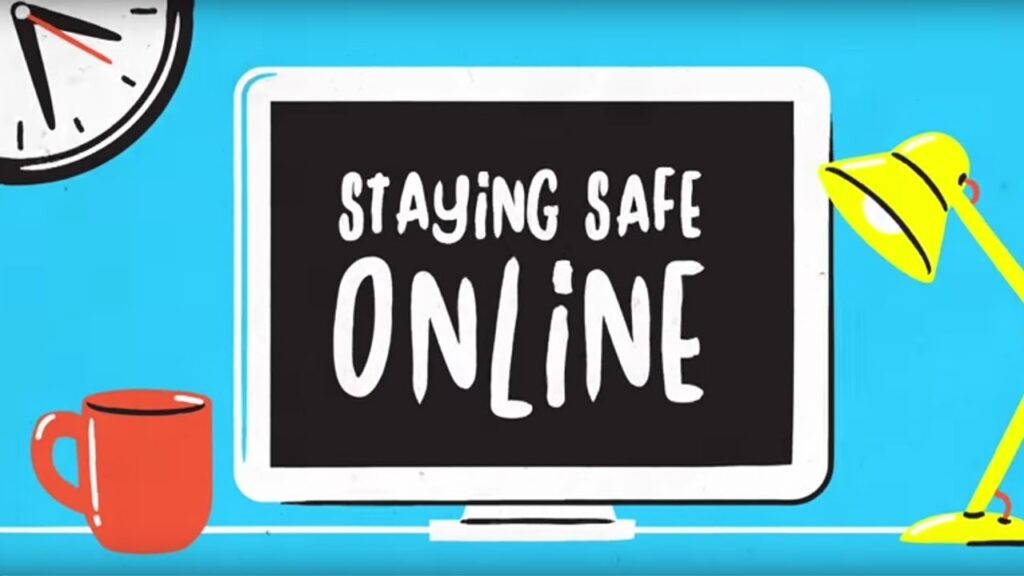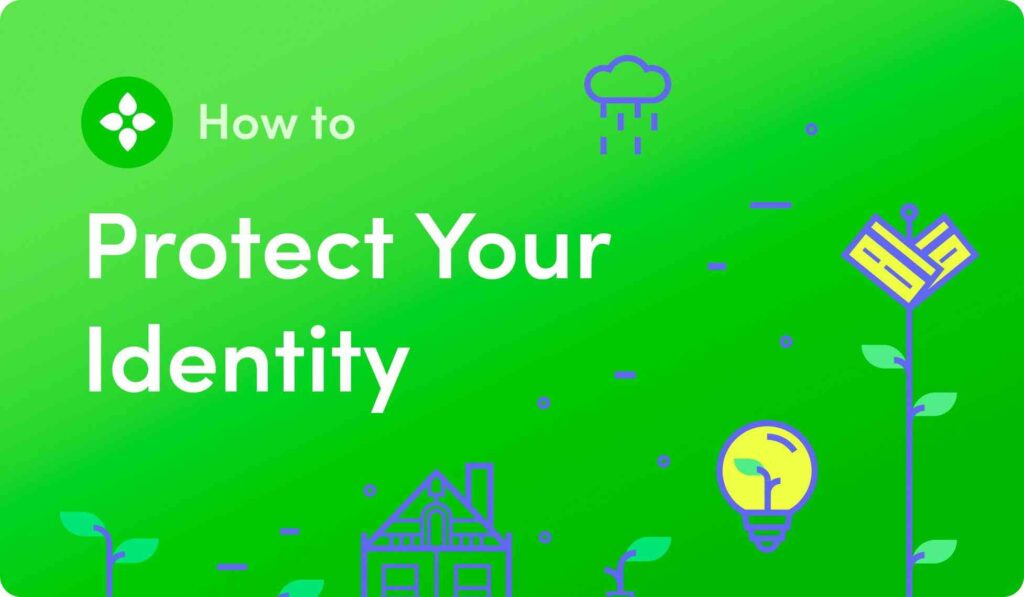With social media penetrating all aspects of our lives, keeping your data secure and private becomes quite challenging. eBay, Evernote, Adobe, Court Ventures, the US Military, and now notorious Ashley Madison are just a few companies that failed to keep customers’ databases safe.
Even if you think you are browsing the web privacy-aware, you may be rather surprised with the amount of your private data listed publicly on the Internet. Just launch a quick search with User Search – a deep web engine that helps you locate places where your data like email, mobile phone, and more is publicly available. Found some personal records where they are not supposed to be? This tool allows you to identify website/company owners through their IP address to contact them directly or even make a DMCA claim. It’s a particularly handy option when it comes to social media squatting.
If you are a public persona – a journalist, entrepreneur, business owner, or a major niche influencer; protecting your online identity and personal data should become your number one concern.
Secure Your Social Media
Though Facebook now forces users to sign up with their real names only – a policy found somewhat controversial by many users, you can still omit to list essential data like your phone number, address, family connections, and more. Those tiny bits of personal records are enough for a skilled hacker to break into your online storage account or track your credit card data.
On your personal profiles, minimize the details in the “About Me” section and stay selective about shooting updates on your location with geotags and hitting the “like” button just too frequently.
Change your privacy settings to “Friends Only” for all the content you share, and avoid connecting with people you do not know in person. Additionally, go to Settings -> Privacy and make unique adjustments when it comes to getting friend requests or finding your profile through email or phone number. Also, disable other search engines from linking to your profile if you prefer not to have your profile listed in Google Search results.
Third-party apps can be a significant hazard regarding personal information security – including games, quizzes, online polls, and other apps that request access to certain information when authenticating through social media. In fact, avoid using Facebook as a login option when it’s possible.
Using Secure Passwords
Passwords are consistently underestimated when it comes to privacy. The golden rule here is: the easier it is to remember – the easier it is to crack. Remembering a bunch of long, complicated passwords is somewhat uncomfortable unless you use a secure password manager like One Password or Last Pass. Both allow storing passwords online or locally and synced with other devices, encourage you to use stronger passwords in general, conduct timely audits and even automatically change passwords for you.
Always use two-factor authentication whenever the option is available and change your password once you see any odd log activity in your account. Never allow websites or browsers to store your login/password data, especially when using public Wi-Fi networks.
Never open emails sent from unlisted contacts or containing suspicious links and downloads. In fact, the fewer software and files you download from the web – the less the chances of getting your data hacked.
To avoid having your cookies tracked and stored, use private browsing modes when using Chrome and Firefox.
Conducting Online Payments
With eCommerce and online services on the rise, you are spending more and more dollars online. As a result, credit card data theft is now on the rise, with billions of dollars vanishing from users’ accounts each month.
Always shop through protected HTTP:// connections. Whenever this option isn’t available, or you are dealing with an unknown online merchant, rather than making a payment through your credit card directly, use online payment systems like PayPal or virtual credit cards like Visa Entropay. Sure, that means some extra dollars spent in commission; however, the hacker will not have direct access to your bank account if anything goes wrong.
Keep a close eye on your bank statements and cross-check your receipts with the payment history on the statements when it’s possible. Consider making an inquiry to your bank whenever you see odd transactions (even small ones).
Make the following tips part of your daily web routine. While taking just a few minutes a day, they can save you hours of frustration if your personal data gets into the wrong hands!



